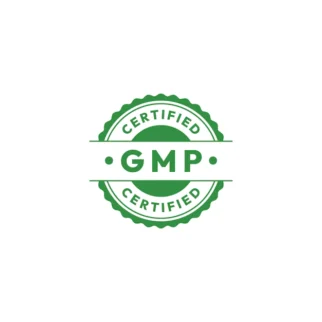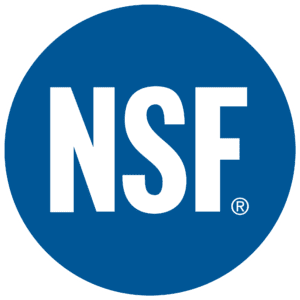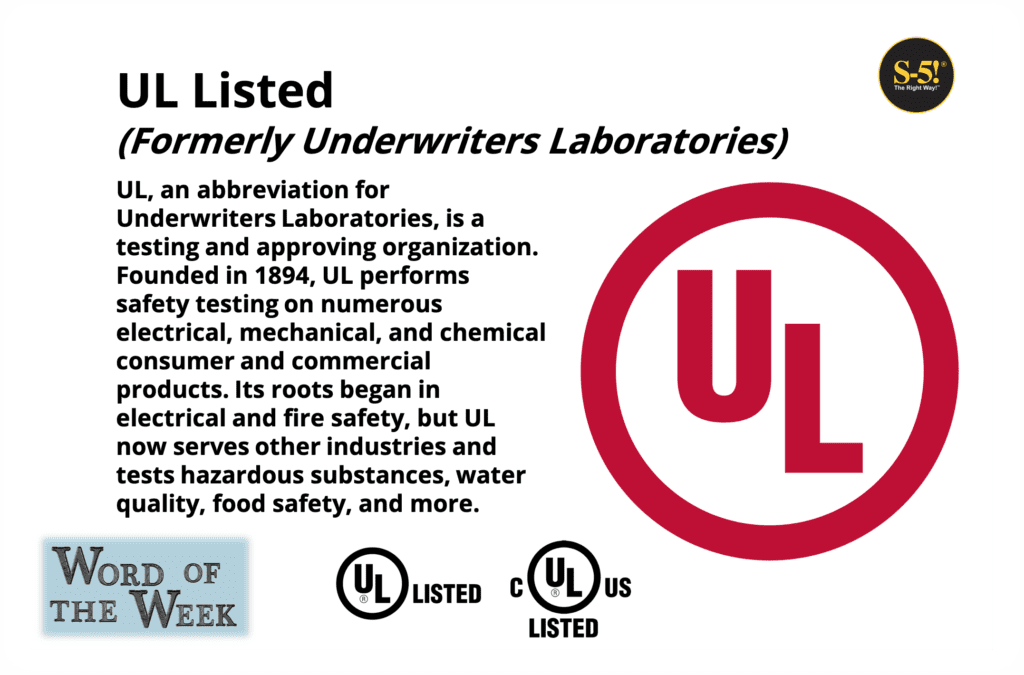Due to lax regulations, supplements sold in the United States vary widely in quality. From exaggerated claims to substandard formulations, the industry has earned its poor reputation. At some point, your veterinarian may recommend a supplement for your dog. If this happens, be sure to purchase supplements that have been quality tested. Below are four common labels that you should look for.
*note – this article is intended for readers in the United States. If you’d like a similar article about trustworthy sources in a different country, please let us know in the comments!
GMP
One way to ensure that you’re purchasing a high-quality pet supplement is to look for the GMP label.
GMP stands for “Good Manufacturing Practices” and GMP standards are enforced by the FDA. GMP requires certain quality and hygiene standards to be met during the manufacturing process.
According to SafetyCulture, “Good Manufacturing Practices or GMP is a system that consists of processes, procedures and documentation that ensures manufacturing products, such as food, cosmetics, and pharmaceutical goods, are consistently produced and controlled according to set quality standards.”
Pet products that meet GMP standards will be labeled as such. There are a few variations of the GMP seal – this is a common one:

NASC
According to the American Animal Hospital Association, “The NASC seal on a pet supplement provides you with the assurance that the formula was produced in a facility that has undergone a rigorous and independent audit, and follows the NASC Good Manufacturing Practice Quality Standards.”
Here is a video on what the NASC quality seal means:
NSF
Another indicator of a quality pet product is the NSF seal. NSF stands for “National Sanitation Foundation”.

According to the NSF web site:
“Choosing a product that is certified by NSF lets you know that the product complies with stringent public health standards and NSF certification policies. From extensive product testing/material analysis to unannounced plant inspections, every aspect of a product’s compliance is thoroughly evaluated before it can earn NSF certification.
Most importantly, NSF certification is not a one-time event, but involves regular on-site inspections of manufacturing facilities and regular re-testing of products on a routine basis to ensure that they continue to meet the same high standards required to maintain certification over time. If, for any reason, a product fails to meet one or more of the certification criteria, NSF may take enforcement actions including product hold, product recall, public notification, or de-certification.“
UL
UL states the following on their web site: “Our certifications demonstrate that your products have been tested to applicable standards.”

1 thought on “How to Choose Trustworthy Dog Supplements”